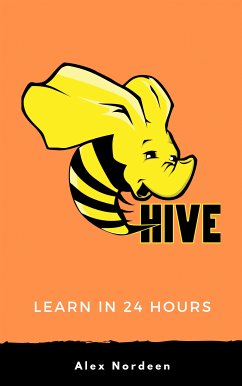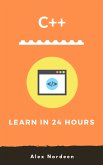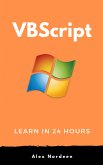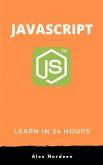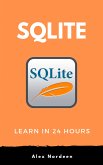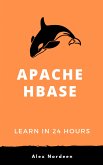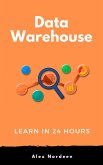Most users face the problem of not getting a dedicated course on Hive. The goal of this e-book is to cater everything about Hive and only Hive with minimum jargons. The notes, lessons and hands-on examples in this small e-book are simplified and tactfully presented to solve all your Hive queries. Instead of writing long code for MapReduce or Java, the e-book shows tips on writing the same program with a minimum code snippet.
Beginners as well as peers will thoroughly enjoy this book. They will discover and learn more hive patterns for data processing and data integrations. Unlike other e-book, where they skip basic detail thinking users having prior subject knowledge. This edition has given complete attention to each and every small aspect of the hive like "how to set up and configure Hive in your environment".
This e-book is also helpful for those who just want to explore Hive and don't want to spend big bucks for short courses. You will quickly learn, apply and share your Hive knowledge with this e-book.
Table of content
Chapter 1: Introduction
What is Hive?
Hive Architecture
Different modes of Hive
What is Hive Server2 (HS2)?
Hive vs Map Reduce
Chapter 2: Installation and Configuration
Installation of Hive
Hive shell commands
Install and configure MYSQL database
Chapter 3: Data operations
Data types in Hive
Creation and dropping of Database in Hive
Create, Drop and altering of tables in Hive
Table types and its Usage
Partitions
Buckets
Chapter 4: Queries and Implementation
Order by query
Group by query
Sort by
Cluster By
Distribute By
Join queries
Different type of joins
Sub queries
Embedding custom scripts
UDFs (User Define Functions)
Chapter 5: Query Language, Built-in Operators and Functions
Hive Query Language (HQL)
Built-in operators
Built-in functions
Chapter 6: Data Extraction
Working with Structured Data using Hive
Working with Semi structured data using Hive (XML, JSON)
Hive in Real time projects - When and Where to Use
Dieser Download kann aus rechtlichen Gründen nur mit Rechnungsadresse in A, B, BG, CY, CZ, D, DK, EW, E, FIN, F, GR, H, IRL, I, LT, L, LR, M, NL, PL, P, R, S, SLO, SK ausgeliefert werden.

